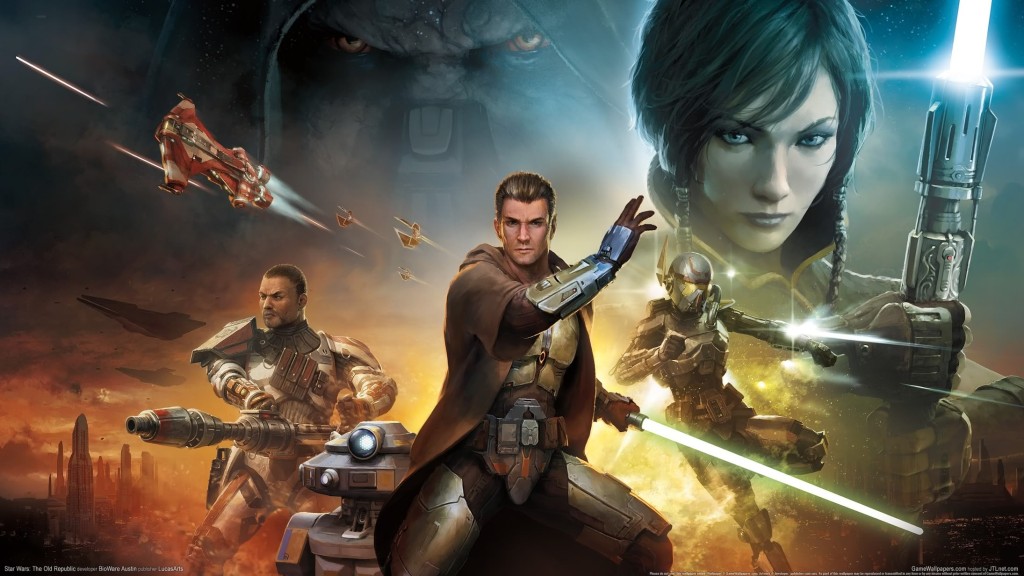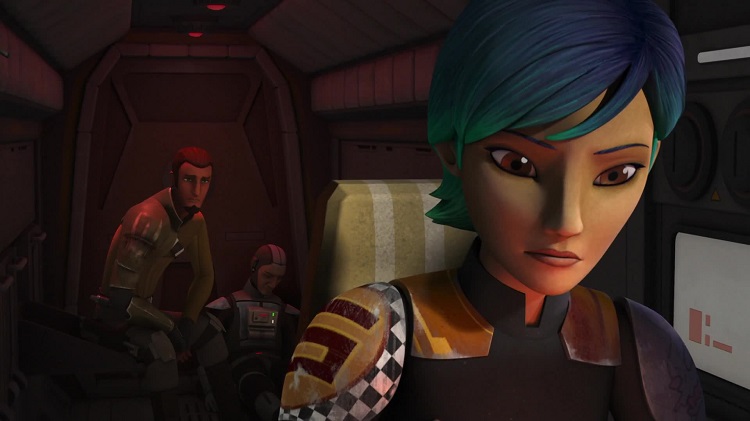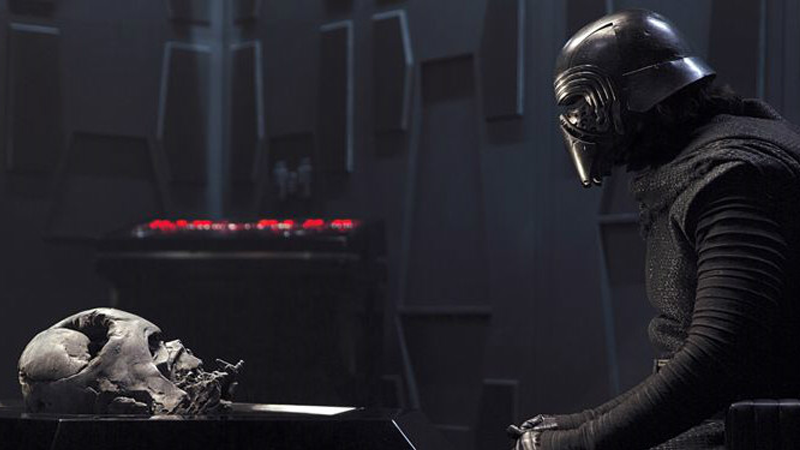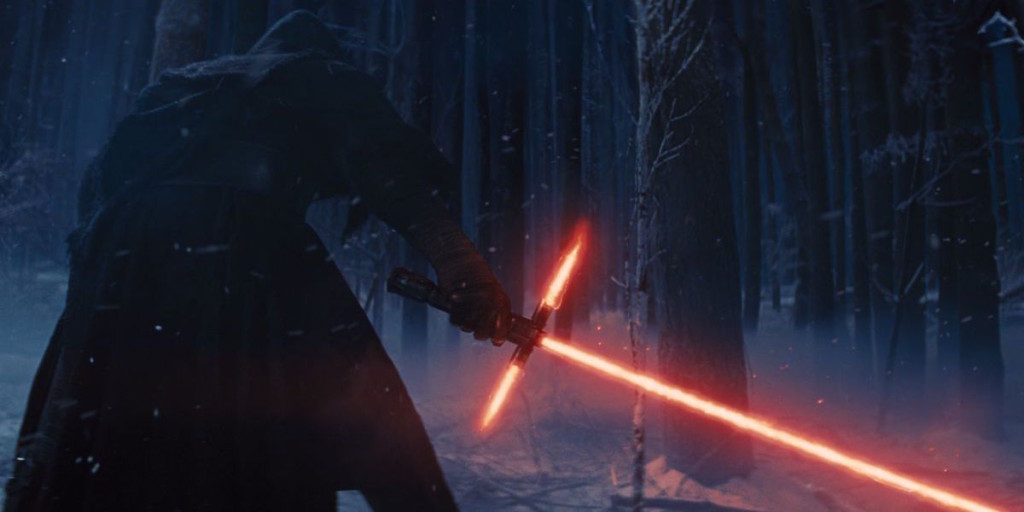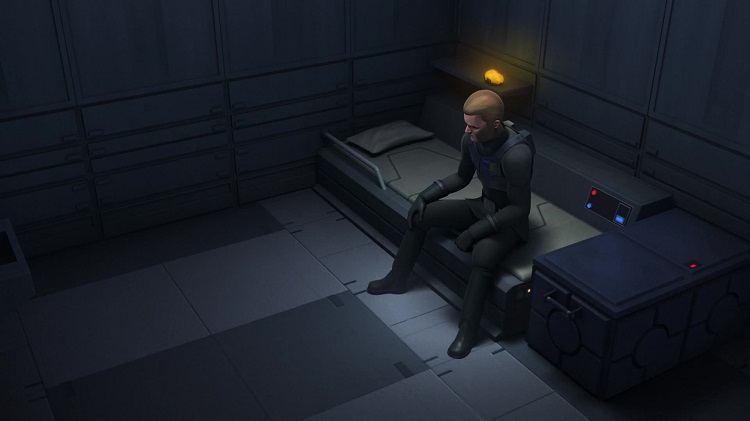
Mike: The good news is, this is the episode I’ve been waiting for since Star Wars Rebels began. I am a giant sucker for “the bad guy comes around” stories; it’s a big reason why I was such a fan of Avatar: The Last Airbender, and it may explain why the original trilogy spoke so strongly to me when I was younger (or maybe it’s the other way around). While the institution of the Empire is quintessentially one-dimensional, puppy-kicking, muahaha-ing capital-E Evil, Star Wars at its best has never been a one-dimensional story; it’s about—pardon the word choice—human characters making human decisions in the midst of galactic-scale moral crises. As The Clone Wars got on in years it started moving characters around on its moral axis, usually toward the “more evil” side, and it’s very exciting to see Rebels finally take its first steps past a one-dimensional Empire by nudging Agent Kallus, its longest-surviving antagonist, ever so slightly toward the “good” column.
The bad news is, I’ve been waiting for this since the show began. As much as I want to see the show make Kallus sympathetic (at all), I can very easily see an argument for it being too late. Kallus may not be an evil force of nature like Vader was, but he’s hardly a confused teenager like ATLA’s Prince Zuko, either. He’s performed any number of evil deeds in his career, even bragged about them, and forcing him to develop a grudging warrior’s respect for Zeb, while very welcome, isn’t exactly the profound moral crisis Vader faced when expected to kill his own son.
Of course, this could simply be an attempt to add more dimension to the character—and give the amazing David Oyelowo a little more to work with—without really changing his alignment. Maybe it’s about motivating Kallus to investigate the disappearance of the Geonosians, so that he might stumble upon the Death Star—a much bigger moral crisis for an Imperial “everyman”. Or it could be akin to Ventress’s arc in TCW; Kallus decides he doesn’t want to serve the Empire but isn’t about to oppose it, either. But wherever the story goes, the reason for any character development along these lines would be to earn some degree of sympathy for Kallus from the audience, and after a season and a half of mustache-twirling, that would be a huge task for a show that delights in presenting the deaths of stormtroopers as comic relief. What do you guys think? Could you actually see your way to rooting for Kallus someday? Read More
